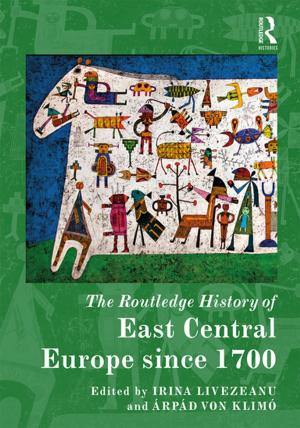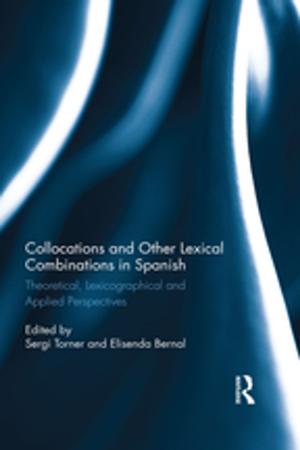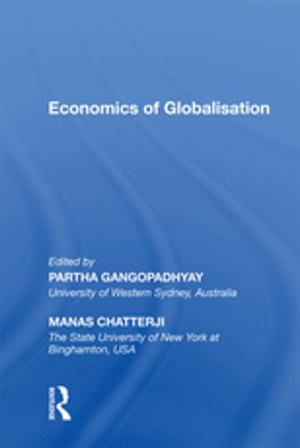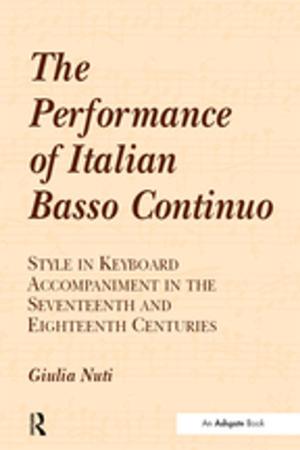Decolonizing Translation
Francophone African Novels in English Translation
Nonfiction, Reference & Language, Language Arts, Linguistics| Author: | Kathryn Batchelor | ISBN: | 9781317641131 |
| Publisher: | Taylor and Francis | Publication: | April 8, 2014 |
| Imprint: | Routledge | Language: | English |
| Author: | Kathryn Batchelor |
| ISBN: | 9781317641131 |
| Publisher: | Taylor and Francis |
| Publication: | April 8, 2014 |
| Imprint: | Routledge |
| Language: | English |
The linguistically innovative aspect of Francophone African literature has been recognized and studied from a variety of angles over recent decades, yet little attention has been paid to what happens to such literature when it is translated into another language. Taking as its corpus all sub-Saharan Francophone African texts that have ever been published in English, this book explores the ways in which translators approach innovative features such as African-language borrowings, neologisms and other deliberate manipulations of French, depictions of sociolinguistic variation, and a variety of types of wordplay. The implications of their translation decisions are drawn out with reference to the broader significances that are often accorded to postcolonial literature, and earlier critics' calls for a decolonized translation practice are explored from both a practical and theoretical angle. These findings are used to push towards a detailed investigation of the postcolonial turn in translation studies, drawing on the work of key postcolonial theorists such has Homi K. Bhabha and Gayatri Spivak.
This is a timely and incisive critical assessment of contemporary discourses on the ethics and politics of translation.
The linguistically innovative aspect of Francophone African literature has been recognized and studied from a variety of angles over recent decades, yet little attention has been paid to what happens to such literature when it is translated into another language. Taking as its corpus all sub-Saharan Francophone African texts that have ever been published in English, this book explores the ways in which translators approach innovative features such as African-language borrowings, neologisms and other deliberate manipulations of French, depictions of sociolinguistic variation, and a variety of types of wordplay. The implications of their translation decisions are drawn out with reference to the broader significances that are often accorded to postcolonial literature, and earlier critics' calls for a decolonized translation practice are explored from both a practical and theoretical angle. These findings are used to push towards a detailed investigation of the postcolonial turn in translation studies, drawing on the work of key postcolonial theorists such has Homi K. Bhabha and Gayatri Spivak.
This is a timely and incisive critical assessment of contemporary discourses on the ethics and politics of translation.















